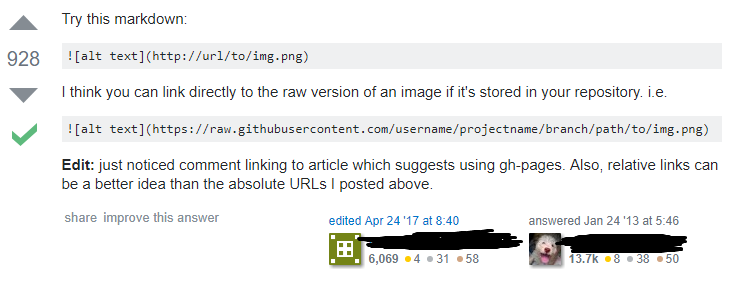if(smartQuestionAsked()) return goodAnswer
25 Jan 2018What are dumb questions?
We’ve all had a teacher or a professor who’s said, “Don’t be afraid to ask questions. There are no dumb questions.” Every time I’ve heard this, I always thought about the validity of this statement. Recently, I asked one of my friends, “do dumb questions exist?” He replied, “Yes, the question you just asked was a dumb question.” I suppose I set myself up there.
So what constitutes a dumb question? If someone asked you a question right now, what would make you think, “I can’t believe they asked me that?” One thing that comes to mind is a question with an obvious answer. If you are able to find the answer to your problem within a manual or on the first page of a Google search, then it might be a bad question to ask. Another trait of a poor question is vagueness. When you ask a question, it’s usually in the hopes of receiving a response. If your question makes it difficult for the respondent to understand what you wish to know, then it might be a bad question.
Here is an example of a bad question from Stack Overflow:

What makes this a bad question? First of all, this is not a question, but rather a request for someone to do their work. In addition to this, the user showed no effort in searching for the solution to their problem.
And here are the responses to this post:

As expected, many people were not very happy to see this type of question pop up on Stack Overflow. If the post was worded differently, the user might have gotten well-constructed answers instead of criticism from their readers.
How can we ask good questions?
We know a few traits that can make a question dumb, so how do we change that same question to make it a good one? Remember those people in high school that would ask others for the answers to the homework? You could categorize these people into two groups. In the first group, we have the people who spent the last five minutes before class trying to do the homework. In the other, the people who spent a few hours the previous night going through their notes and trying to figure out the answer.
The first person might say something along the lines of:
- “Hey, did you do the homework last night? Can I see your answers?”
- “Can I copy your homework?”
The second person will say:
- “Hey, I was having troubles with problem #XX last night. I spent a few hours but I didn’t get anywhere, could you help me?”
- “Could you explain how to do #XX? I got up to here on the problem but then I got stuck.”
Personally, I’d be much more willing to help the second person because they seem eager to understand the concepts and find a solution. To come up with a good question, we should:
- Be clear so the person responding knows what the issue is and how to help
- Be polite, as we should show courtesy to those who are spending the time to consider an answer
- Show that we’ve put some effort into finding a solution to our question
There are many other traits that can make a question good, but I believe these are some of the crucial details.
Here is an example of a good question from Stack Overflow:

Notice how this question is clear and the problem is described well. This person has also shown that they put in effort to find a solution.
Here is a response to the same question:

This response was given within two minutes of the post being created. The questioner marked this as the best of the 16 answers on the page and this number doesn’t include the comments to each answer. Good questions seem to beckon good answers.
How I can implement good questions into my career
A famous phrase relevant here is, “Practice what you preach.” The question I must now ask myself is, “how will I use this knowledge of smart questions and dumb questions in the future?” As a software engineer, I will be working with other people in teams. When a problem arises and I need assistance, I must be able to communicate with my colleagues to clearly explain the problem. By doing so, my teammates will be able to understand what I’m struggling with and assist me with solving the issue. Asking good questions can save development time and prevent the same issue from occurring in the future.
Learning how to ask smart questions can help us in the long term. Although dumb questions do exist, there are ways to tweak them into smart questions. By making your questions clear, you make it easier for others to figure out the best answers. When asking questions, make sure to be courteous to those responding. We are the one’s with a problem to be solved, so we should be appreciative of the efforts others put into helping us.
Don’t be afraid to ask smart questions.